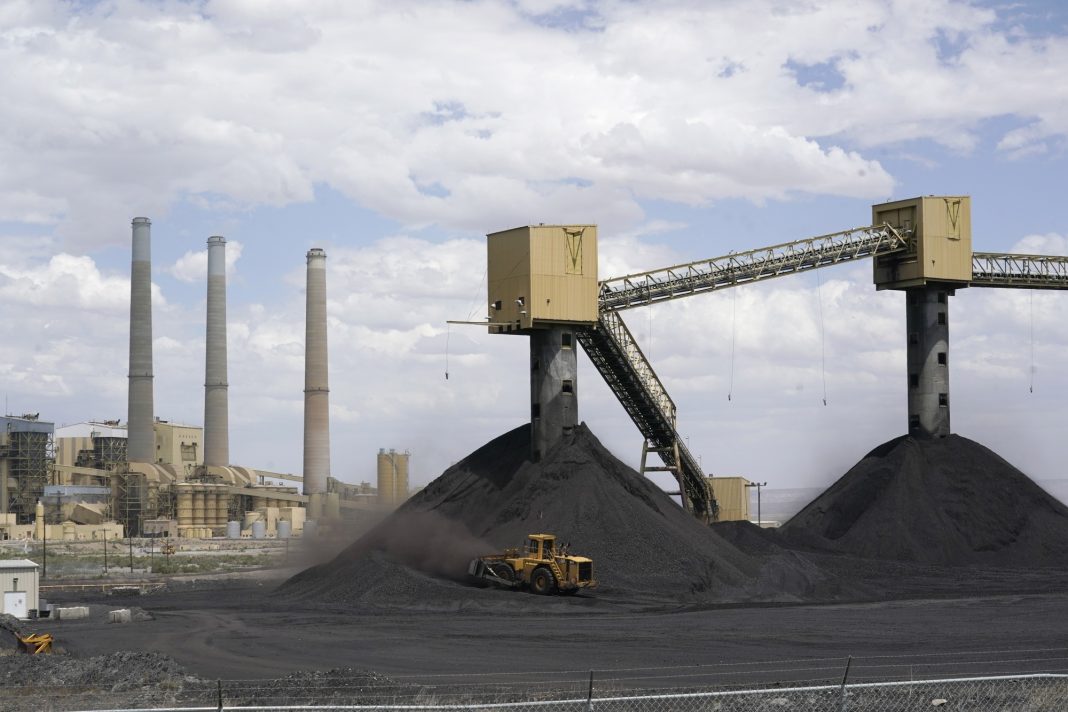 Federal Appeals Court Rejects Request to Pause Carbon Emission Regulation
Federal Appeals Court Rejects Request to Pause Carbon Emission Regulation
A federal appeals court has denied a request to halt a federal regulation aimed at reducing carbon emissions from coal-fired power plants. The regulation, implemented by the Environmental Protection Agency (EPA), will remain in force while the legal challenge continues. The ruling was issued by a three-judge panel of the U.S. Court of Appeals for the District of Columbia Circuit on July 19.
The coalition of attorneys general and fossil fuel industry groups, led by West Virginia, had requested the blockage of the EPA rule. However, the judges found that the groups had not provided sufficient evidence to demonstrate their likelihood of success on the merits. They also noted that the compliance deadlines for the rule do not take effect until 2030 or 2032, thus refuting the claim of immediate harm.
The EPA spokesperson praised the ruling, while West Virginia Attorney General Patrick Morrisey expressed his intention to appeal to the U.S. Supreme Court as soon as possible.
The EPA rule, published in April, imposes requirements on coal plants and natural gas plants to control their carbon emissions. Coal plants that plan to operate beyond 2039 must reduce their carbon emissions by 90 percent by 2032. New “base load” natural gas turbines, which generate at least 40 percent of their maximum annual capacity, are also subject to the same reduction standard. To comply, the power industry would need to invest in costly emissions control technologies, limit operations, or shut down some plants.
EPA Administrator Michael Regan acknowledged that the rule may lead to some coal retirements but emphasized the administration’s commitment to eliminating carbon pollution from the electricity sector by 2035.
The attorneys general and industry groups argued that the EPA rule was unachievable and posed a threat to the reliability of the nation’s power grid. They also contended that the EPA exceeded its authority by implementing the rule without congressional approval. However, the appeals court found that the case did not invoke a Supreme Court ruling from June 2022, which declared that the EPA lacked broad authority to regulate carbon emissions in a way that would force a nationwide transition away from fossil fuels.
The ruling allows the EPA rule to go into effect during the litigation. The agency estimates that the rule will yield significant benefits, including up to $370 billion in climate and health net benefits and the avoidance of 1.38 billion metric tons of carbon pollution through 2047. These measures are projected to prevent premature deaths, hospital visits, and cases of asthma symptoms.
The National Mining Association, which joined the legal challenges, plans to request an emergency stay from the Supreme Court along with West Virginia. They argue that the rule jeopardizes grid reliability and impedes the construction of new generating capacity and infrastructure.
Environmental groups praised the ruling, asserting that it recognizes the EPA’s legal responsibility to control carbon pollution. They emphasized the urgency of addressing climate change and its harmful impacts on the environment and public health.
The case will now proceed to consideration on the merits, with the court requesting briefs from the parties within 14 days to propose formats and schedules.


